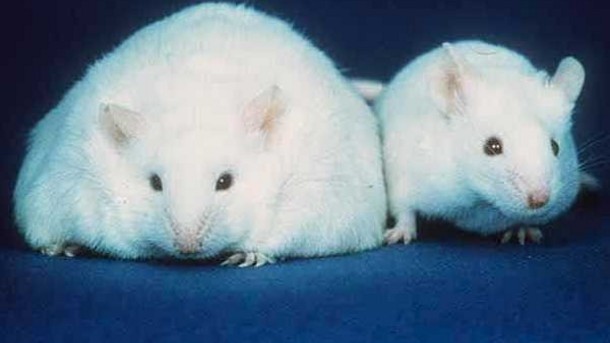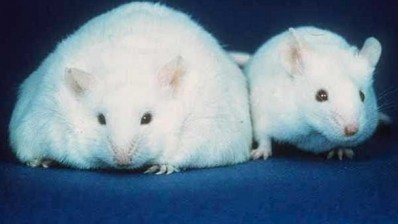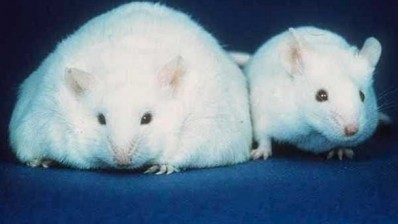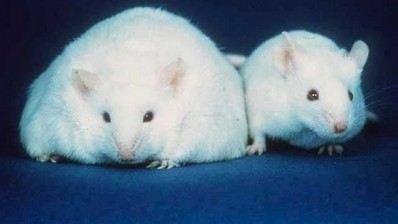Poor maternal diet may program a taste for alcohol and drugs, warn researchers

The animal model research found that compared to pups of rats that ate regular rodent chow, the offspring of rats that ate high fat or high sugar diets while pregnant weighed more as adults and drank more alcohol.
Rats given a high-sugar maternal diet also had stronger responses to commonly abused drugs said the researchers - led by Nicole Avena, PhD, from the University of Florida's McKnight Brain Institute, USA.
Presenting the rat data at The American Psychological Association 2013 Annual Convention, Avena noted that previous research with lab animals and people has shown that overeating foods that taste good alters brain reward systems, and diets with excessive fat and sugar can lead to increased appetite as well as some addiction-like behaviours.
"Our findings suggest that even while still in the womb, exposure to high-fat and sugar-rich diets can, in addition to increasing body weight, lead to a predisposition to drink alcohol and a sensitivity to drugs," she said.
"The rise in prenatal and childhood obesity and the rise in number of youths abusing alcohol and drugs merits looking into all the possible roots of these growing problems," said Avena.
Rat research
Avena's presentation brought together results from three studies, each lasting about three months and involving three to four adult female rats and 10 to 12 offspring in each dietary condition.
The researchers compared weight and drug-taking behaviour between the offspring of rats fed diets rich in fats, sucrose or high fructose corn syrup with the offspring of rats fed regular rodent chow during gestation or nursing. They tested both sucrose and high fructose corn syrup because they are chemically different and could cause different outcomes, Avena said.
To determine effects of the mothers' diets during gestation, the offspring of rats fed the high fat, high sucrose or high fructose corn syrup diets were nursed by mother rats that were eating regular chow. To determine the effects of the mothers' diets on the offspring during nursing, the pups with mothers that had eaten regular chow were nursed by mother rats that were eating either the high fat, high sucrose or high fructose corn syrup diets.
Avena and her colleagues found that offspring of rats that had high fat diets while pregnant drank significantly more alcohol in adulthood than the offspring of rats with the regular chow diet, while there were no differences in the average daily amount of water they drank or chow they ate.
Offspring of rats on the high fat diet while pregnant also had significantly higher levels of triglycerides that can increase the risk of heart disease, she said. Pups whose mothers had the high fructose corn syrup or high sucrose diets did not exhibit any differences in triglycerides compared to the group that ate regular chow.
To test the effects of diets high in sucrose and high fructose corn syrup, researchers gave one group of the pregnant rats a daily diet of regular chow plus a 10% sucrose solution or a 16% high fructose corn syrup solution. Pups nursed by rats with either high sucrose or the high fructose corn syrup diets while pregnant drank more alcohol compared to offspring born to the group that did not have sugar, said Avena. These animals also weighed significantly more at the end of the study than those born to the rats that ate regular chow.
Furthermore, pups exposed to either of the sugar-rich diets before birth or during nursing became hyperactive when given low doses of amphetamine , suggesting sensitivity to the drug, she said.


















